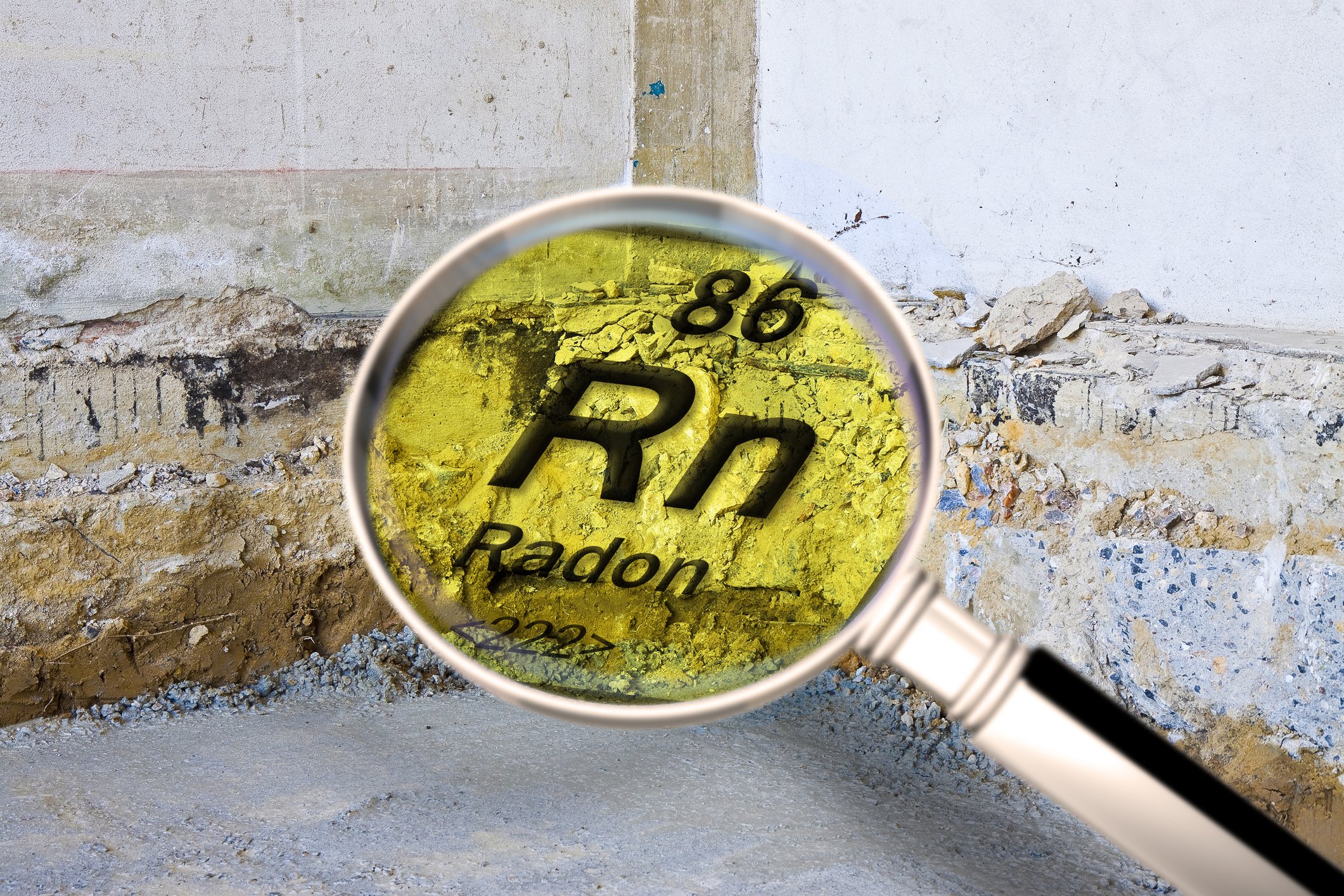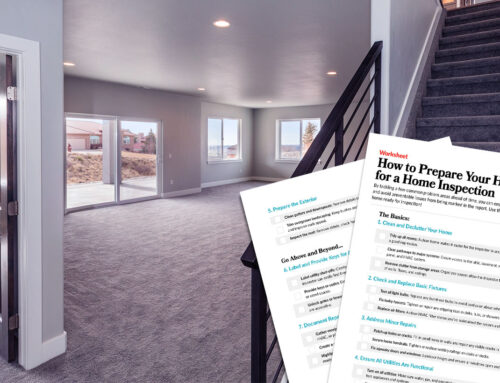
Radon 101 and Certification Changes
Radon Certification is changing, for the better. Increased safety measures and training for professionals means data you can count on, no matter what state you live in.
There are many regulatory bodies and associations involved with Radon public safety. They are most often referred to by their initials. Here is a list of the top names you need to know:
- AARST – American Association of Radon Scientists and Technologists
- ANSI – American National Standards Institute
- ASTM International – American Society for Testing and Materials
- EPA – Environmental Protection Agency
- IRC – International Residential Code
- NRPP – National Radon Proficiency Program
- RMP – Radon Measurement Professional
- RMS – Radon Mitigation Specialist
Radon Certification:
The Radon landscape is changing and anyone working in real estate, home inspection or lending needs to be in the know. Keep your eye on May 1, 2021.
Change is just around the corner for certification in this field. Radon Measurement will now be split into two separate designations. You can be a Radon Measurement Field Technician or a Radon Measurement Professional (RMP) for the top-level certification. The Radon Measurement Professional and Mitigation Professional exams are getting an overhaul and May 1, 2021, marks the date that NRPP will begin to administer the updated certification exam.
The new exams will cover content for the Measurement Field Technician and Mitigation Installer designations. The main difference in the new exams is their focus on the ANSI-AARST Standards which is replacing older versions of ASTM and EPA standards and guidance. Simply put, there is more focus on safety and skills to learn. The exams are more in-depth than before. For example, the new RMP exam is a 3-hour timed test with 150 questions compared to the old 80 question, 2–hour timed test.
This impacts current Radon professionals. NEW requirement – Those who are placing and retrieving measurement devices will need to be certified Radon Measurement Technicians. People who have already been certified in measurement will be moved up from technicians to Radon Measurement Professionals.
More Radon Testing:
There is more emphasis on Radon testing for public safety. In fact, many regulating bodies are updating requirements. As of January 1st, 2021, the IRC has placed a requirement from EPA named Zone 1 Radon areas. These areas require Radon Resistant New Construction and it applies to all new built homes. This means Radon testing must be performed to ensure the Radon Systems are working correctly.
Another example includes new Radon regulations driven by lenders. In February, lenders including Housing & Urban Development (HUD), Fannie Mae and Freddie Mac started to require Radon testing on their buildings as well as any loans and home rehabs.
Radon Career Outlook:
Radon measurement and mitigation now goes beyond just real estate transactions with home inspections. The new safety requirements for building and lending are increasing the demand for Radon testing. These regulations open many other opportunities for Radon services.
Expert Insights:
Our exclusive interview with nationally recognized Radon instructor, Joe Lyons, gives a clear picture of the impact these changes will have.
What are the details of each certification type?
Right now, everybody that is a technician will be moved up to the “measurement professional” level of certification.
- Radon Measurement Specialist – Applies only to those working in the lab.
- Radon Measurement Professional – Field to filing formal reports. May have technician employees working under them. Must complete the new 16-hour course and pass the exam.
- Radon Measurement Technician – Field device collecting. The course and requirements will be changing. More details are set to be released in August 2021.
What are you personally doing because of this change?
We’re required to make changes to the Radon training courses to meet the new standards. No action is needed for anyone currently working as a technician. Current Technicians will get their updated license when they complete their CEUs (continuing education units) to renew.
What do you think about the certification change?
It’s what we’ve always wanted. More laws that require radon testing and standardization is the reason HUD uses it in all 50 states. Illinois is a good example; they have their own state certification program and license but that doesn’t mean they can go out and do radon testing on HUD properties. Other states have their own ideas of how they want it done, HUD came in and said that it needs to be standard across the board, so that a test in Florida is done in exactly the same way as in North Dakota and this puts everyone in an equal field.
What types of jobs need to be done by a Professional vs. Technician?
If you’re the owner/operator, you have to be the Radon Measurement Professional (RMP) and technicians will be able to work under. Technicians are the retrievers of the radon devices. For example, if you’re busy on the other end of town, you can send one of your RMT licensed employees to pick up the device. As far as reporting or anything that goes to the state, it must be the RMP. A Specialist is someone that works only in the lab.
Why get a Professional certification level?
You will need the professional license to be an owner/operator that does anything with reporting or sending to the state. With the huge increase in demand, it will be easy to expand a radon business beyond just home inspections. More changes are coming in August, where you (as a professional) can be the owner and hire technicians to work for you.
Who needs Radon testing?
It is more than real estate transactions. All 50 states, whether licensed or not – will have to do with a radon test for anything using federal funds (HUD, Fannie Mae and Freddie Mac) and you must be NRPP or NRSB certified. This means more business with the same certification.
In my discussions with AARST and NRPP they are genuinely concerned that there will not be enough Certified Radon Measurement Professionals to meet the demand in 2022.
Watch for continuing updates on the changing Radon industry.




